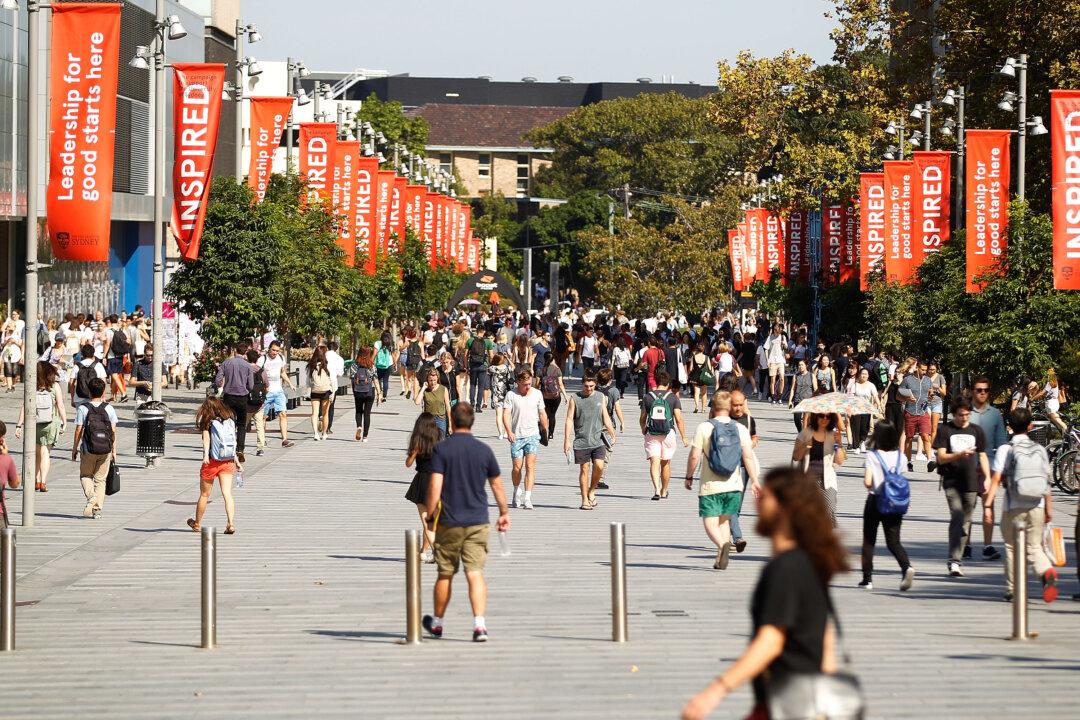Young Australians have been struggling to find employment in their desired occupation since the 2008-2009 global financial crisis and any improvement is unlikely for some time yet given the economic impact of COVID-19.
This could have a long-term effect on their career, the Productivity Commission warns in a new report.





